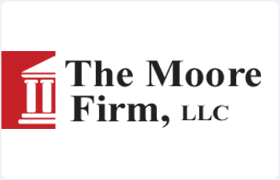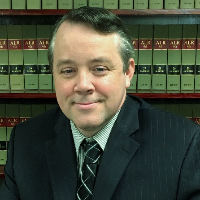Huntsville Misdemeanor Lawyer, Alabama
Sponsored Law Firm
-
 x
x

Click For More Info:
-
The Moore Firm, LLC
917 B Merchants Walk Huntsville, AL 35801» view mapCriminal Defense Law Assertive. Dedicated. Thorough.
The Moore Firm, LLC knows how to interpret Alabama law to your best advantage. Our lawyers are passionate about their work and fearlessly strive for the results you require.
800-899-8050
Not enough matches for Huntsville Misdemeanor lawyer.
Below are all Huntsville Criminal lawyers.
Shannon Matthew Moore
✓ VERIFIED *Status is reviewed annually. For latest information visit hereShannon Moore was born in Huntsville, Alabama. He is a graduate of Grissom High School and he received his undergraduate degree from the University of... (more)
Karen Denise White-Humphrey
✓ VERIFIED *Status is reviewed annually. For latest information visit hereKaren Humphrey Attorney at Law is located in Huntsville and Birmingham, Alabama providing representation for Personal Injury, Bankruptcy, Car Accident... (more)
Brent H. Jordan
FREE CONSULTATION
CONTACTJody Greer
FREE CONSULTATION
CONTACTSteven Croomes
S. Wayne Fuller
Melissa Christine Schultz-Miller
R. David McDowell
FREE CONSULTATION
CONTACTRussell Wilson Crumbley
FREE CONSULTATION
CONTACT Shannon Moore Huntsville, AL
Shannon Moore Huntsville, AL Practice AreasExpertise
Practice AreasExpertise

